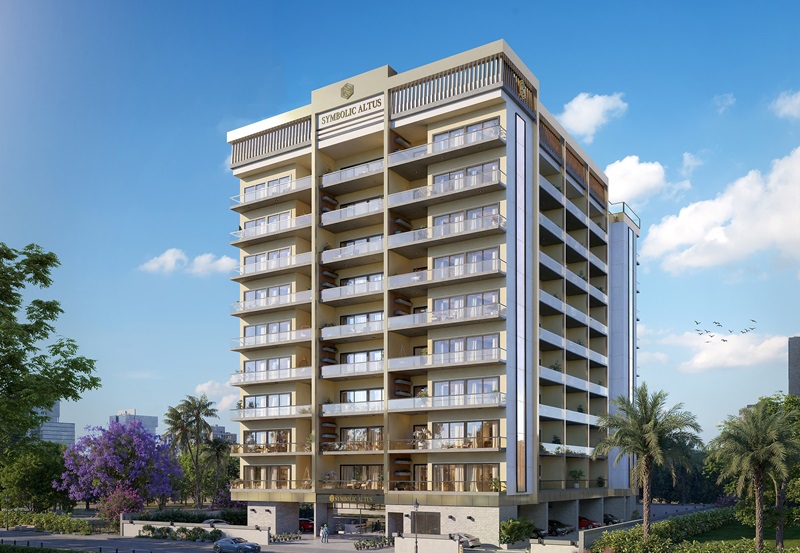
Nadia Ibrahim, Head of Consultancy, Farnek
UAE-based technology and sustainability-driven facilities management (FM) company Farnek, will utilise virtual video tools and online data collection, to provide building owners and tenants with recommendations to improve energy performance and cut costs, remotely.
The remote system, which has been introduced due to the current COVID-19 pandemic and the resulting reduced operations and access constraints, will support businesses by assessing energy usage and utility patterns and providing recommendations to reduce the building’s energy consumption.
Nadia Ibrahim, Head of Consultancy, Farnek, said: “Essentially, a virtual energy audit is much like a traditional audit whereby we analyse the data and develop a list of recommendations that will deliver a reduction in utility consumption and associated cost savings.
“Identification of energy inefficiencies in commercial buildings has traditionally relied on physical audits whereby a team of trained auditors travel to a building to perform a series of tests with specialised equipment. A virtual energy audit will be cheaper and more efficient than its physical alternative, lowering the barrier for building owners to find out exactly how much energy they are wasting.
Earlier this year, Farnek research discovered that average occupancy at 12 Dubai hotels during March to May 2019 was 73%, however, due to the restrictions associated with the COVID-19 pandemic, average occupancy slipped to 25% during the same period this year.
Their energy consumption during that period last year was 32,000 MWh, which fell to 23,000 MWh for the same period this year. However, had those hotels put an effective energy management strategy into practice, they could have reduced their combined consumption to 19,000 MWh a saving of 4,000 MWh or 17.4%, saving AED 1.45 million.
Looking at an average individual performance, a hotel with 300 rooms could have potentially reduced its energy consumption by 200,000 KWh during March, April and May, resulting in cost savings of AED 80,000.
“Imagine how hard hotels have to work today to generate a net profit of AED 80,000 per quarter, compared with an energy audit that can identify the equivalent in savings,” said Ibrahim.
Farnek has developed two variations of audit, both of which have been developed in line with the American Society of Heating, Refrigeration, and Air-Conditioning Engineers (ASHRAE) standard auditing process.
The first is a virtual walkthrough audit of the facility to benchmark water and electricity and compare consumption with similar facilities locally and globally. It also establishes energy and water baselines using monthly energy usage and parameters affecting the consumption, predicts future energy and water consumption and defines consumption limits while also outlining conservation measures.
The second detailed energy audit involves the same consumption assessment however also provides a detailed analysis of the performance of major equipment within the building as well as identifying ways to enhance operational efficiency and decrease maintenance costs and detailed energy conservation measures with simple payback calculations.
“We have developed these new systems to enable us to provide clients with the data required to make the best possible decisions to help reduce energy consumption. Going forward, this also negates the additional cost of a physical audit in buildings that maybe isolated or difficult to reach,” added Ibrahim.
The audits deliver full benchmarking statistical analysis and can support facility engineers when assessing their system performance, by using the data sheets and methodology, to provide year-on-year comparisons.

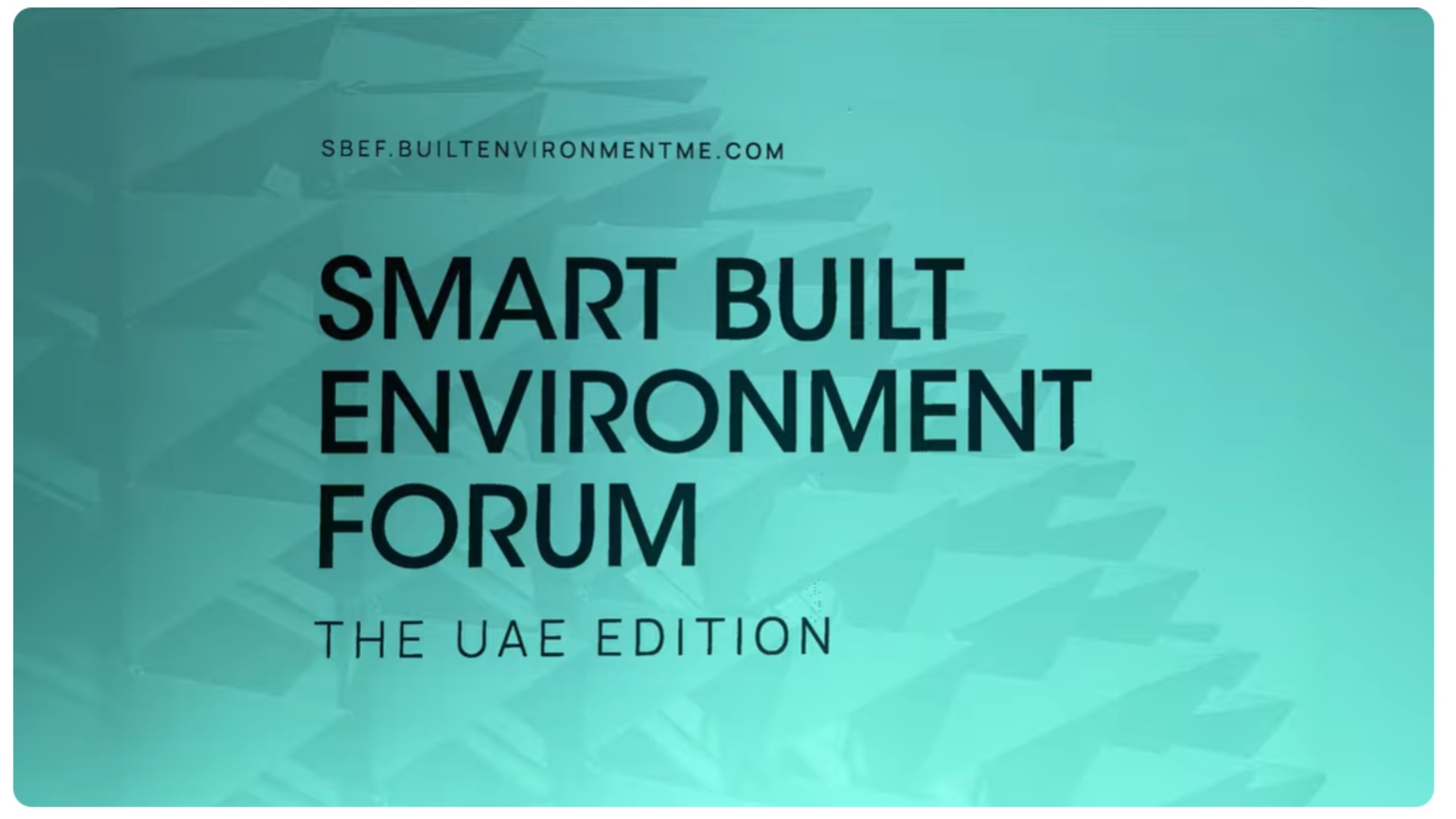
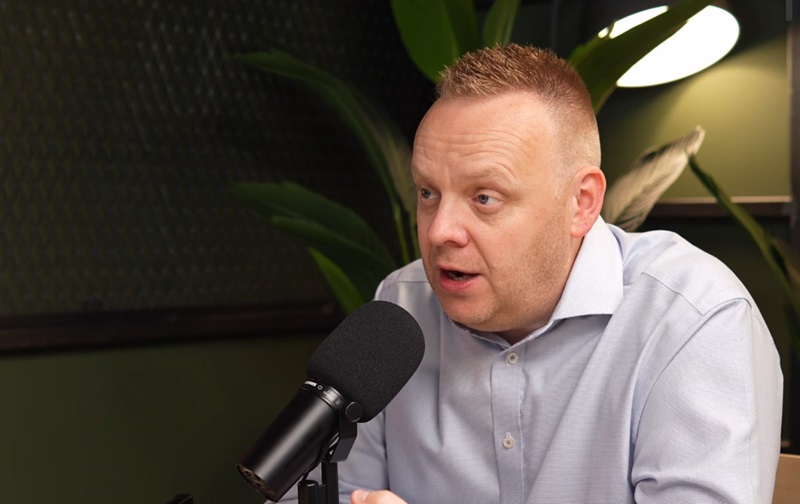





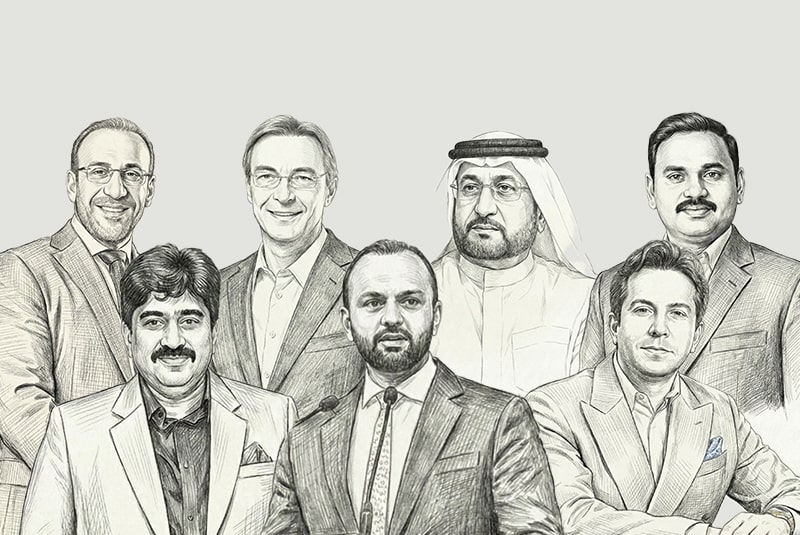
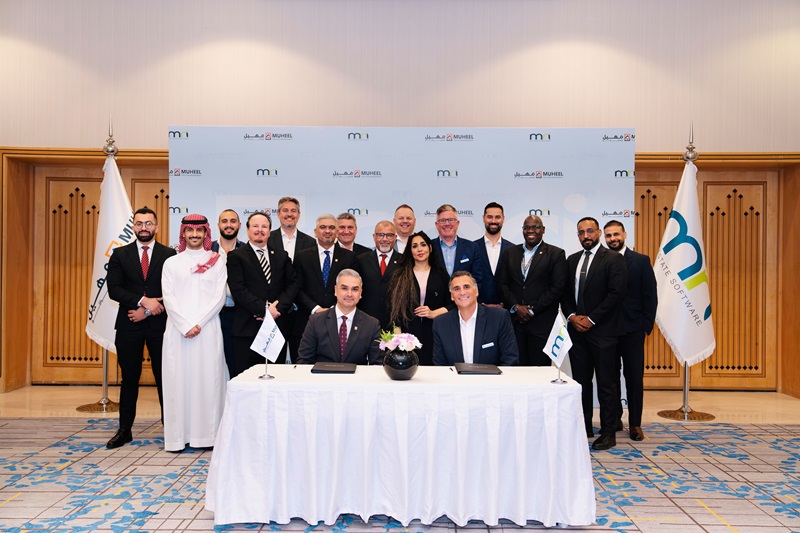
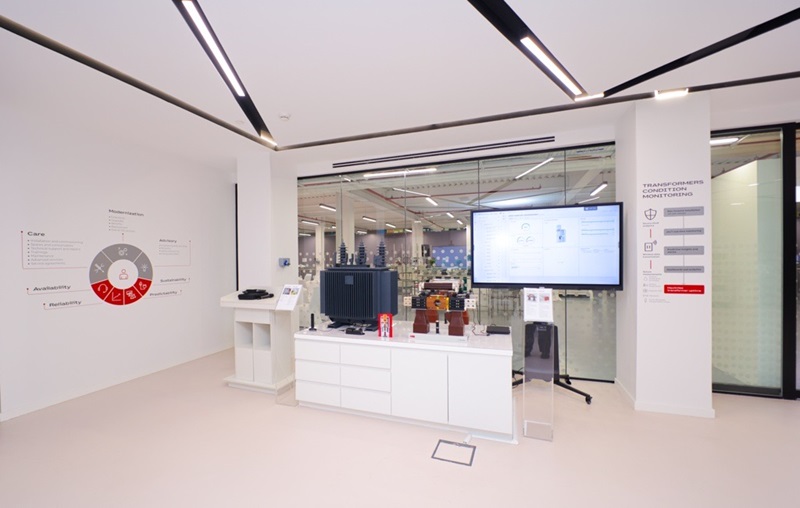
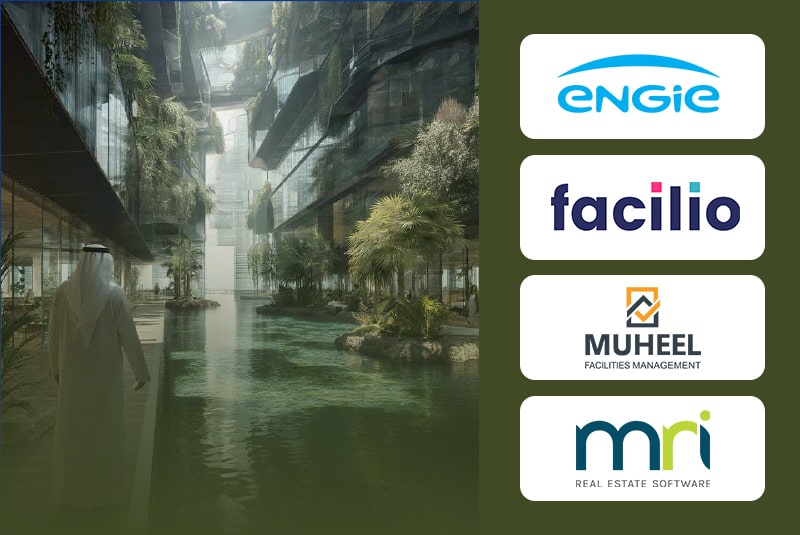
.jpg)
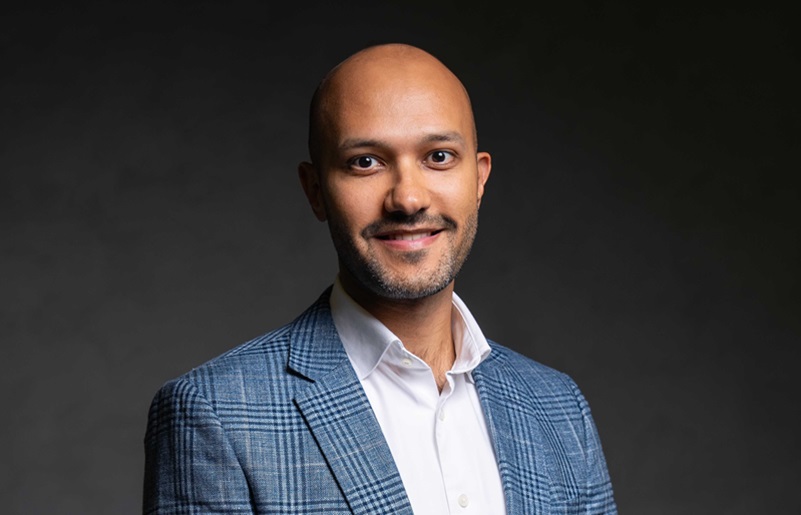

.jpg)
